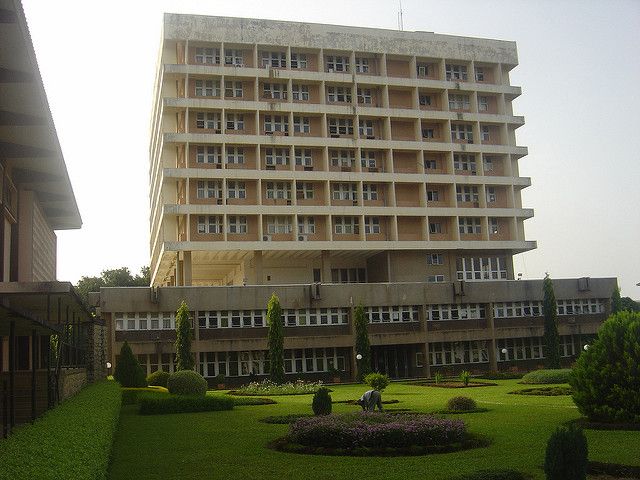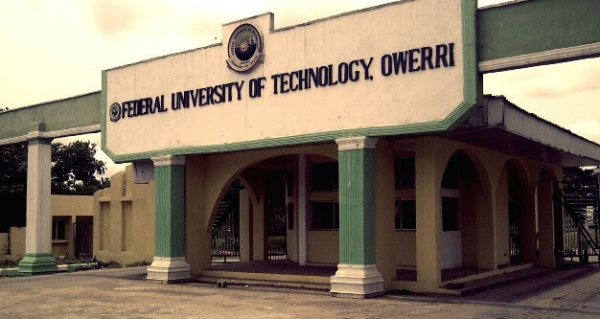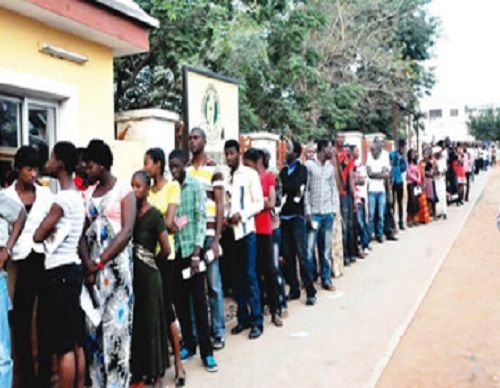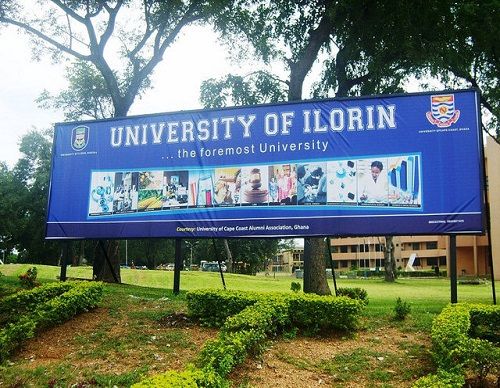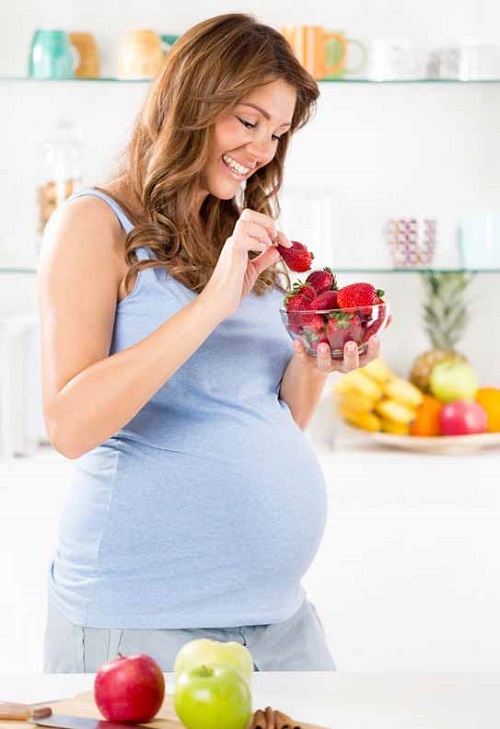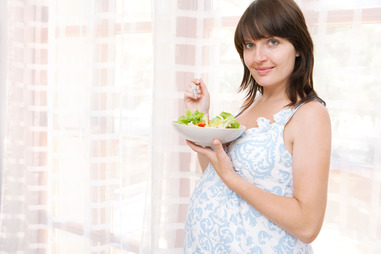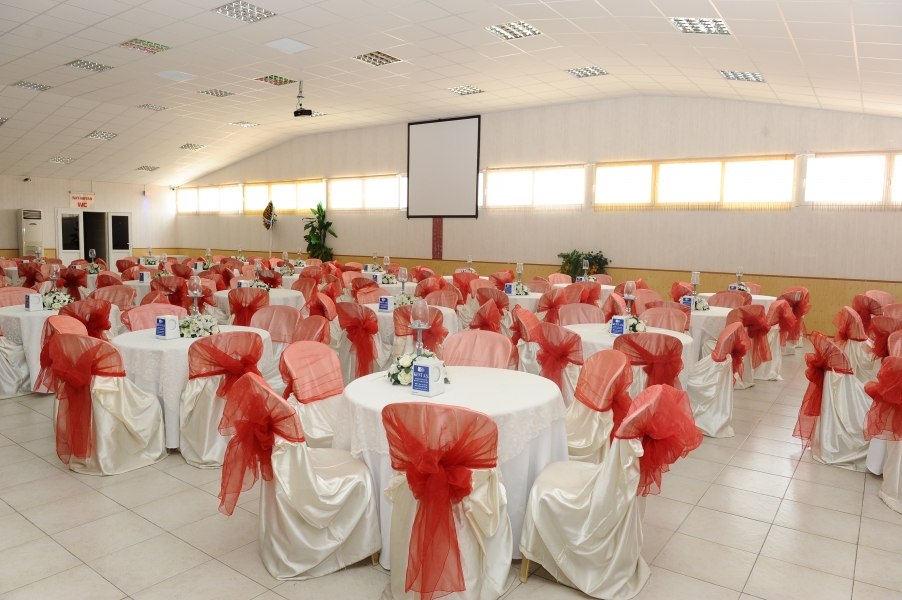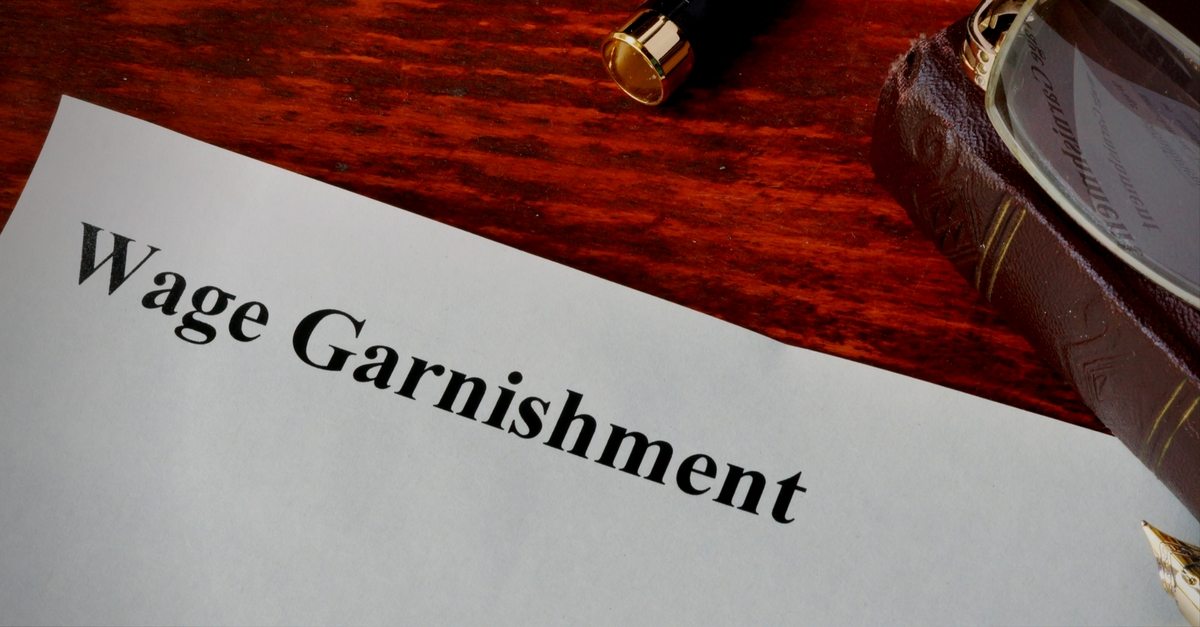At the end of this article, you will be well informed about What Healthy Diet means During Pregnancy,Everyone has some advice for pregnant women, especially on the foods they should eat and avoid. If you are planning to have a baby soon, you are probably aware of the importance of following a healthy diet during pregnancy.
The growth and development of your baby depends on the foods that you eat during pregnancy. Therefore, it is important for you to get a high amount of vitamins, minerals, protein, calcium, iron, fiber and other important nutrients through your diet.
You can also reduce the risks of allergies, infections, various disorders, food intolerance and other problems in your baby if know What Healthy Diet Means During Pregnancy, by making sure that you consume a high amount of healthy foods during pregnancy. A healthy diet during pregnancy should include foods like:
- At least 5 servings of fresh fruits and vegetables, because they are loaded with essential nutrients. You can eat cooked or raw vegetables, but it is important to make sure that you wash them carefully, before you eat any of them.
- Starchy foods that are high in fiber, but do not contain too many calories. Make sure that each meal consists of at least one serving of rice, pasta, noodles, oats, bread, potatoes, cornmeal, yams and sweet potato. Opt for the whole meal variety instead of the white varieties.
- Sources of protein, which include eggs, beans, nuts, pulses, lean meat, poultry and fish. Foods that are high in protein should be cooked thoroughly, especially the meat and eggs.
- Milk, yogurt and cheese as dairy products are high in calcium as well as other nutrients. However, choose the low-fat varieties over whole dairy products.
During pregnancy, you need to make sure that you consume at least 5 to 6 small meals during the day. Since excess weight gain is harmful for your baby, make sure that you do not overeat. Also stay away from fried food, junk, sweets, high-sodium foods and refined food that is one of the benefits of knowing? What Healthy Diet Means During Pregnancy.
These tips on a healthy diet during pregnancy are quite safe, but it is best for you to speak to your doctor, before following them.
Note:?You get plenty of fats and oils from the amount used with cereal foods and from meat, eggs, cheese, peanut butter, margarine, and so on, so fats and oils aren?t included separately.
What to eat during pregnancy first trimester,?What Healthy Diet Means During Pregnancy
It is a well-known fact that pregnant women need to follow a healthy diet right from the first trimester, till childbirth, by knowing?What Healthy Diet Means During Pregnancy, you need to make sure that you consume a high amount of vitamins, minerals, calcium, fiber, iron, protein, zinc and so on, so that your baby can grow and develop properly.
Therefore, the best foods to eat during pregnancy first trimester include fresh fruits, vegetables, whole grains, cereals, meat, dairy products, nuts and seeds. Given below is a list of healthy foods to eat during pregnancy first trimester:
- Fruits like apricots watermelon, strawberries, pineapple, pear, mango, guava, grapefruit (or grapefruit juice), cantaloupe, blueberries, cherries, grapes, kiwi, papaya, persimmon, raspberries and blackberries, tangerines
- Fresh or frozen vegetables, such as winter squash, asparagus, sweet potatoes or yams, parsley, green peas, broccoli, beets, tomatoes, summer squash, endive or escarole, bell peppers, avocados
- Leafy greens, which include spinach, lettuce, collard greens, Swiss chard kale and mustard greens
- Dairy products such as milk, yogurt and cheese
- Lean meat (beef, lamb and pork), poultry (chicken and turkey) and eggs as they are high in protein. Make sure that the meat and eggs are cooked thoroughly before you eat them.
- Grain choices like wheat, brown rice, bulgur, buckwheat, white oats or oatmeal, barley, quinoa and millet.
- Dried beans such as lima beans, black beans, kidney beans and pinto beans, and legumes like split peas and black-eyed peas.
the benefits of you knowing?What Healthy Diet Means During Pregnancy is enormous A healthy diet during pregnancy first trimester not only includes the right foods, but also comprises 2 to 3 liters of water or other healthy liquids. It is best for you to check with your doctor for the foods to eat during pregnancy first trimester, when you go in for your first prenatal checkup.
What foods should you avoid when pregnant?
In case you are pregnant, you are probably not a stranger to food cravings and aversions. Your taste buds may undergo a drastic change during pregnancy. However, everything that you eat right from the first trimester of pregnancy affects you and your baby. The reason you are asked to eat healthy foods like fresh fruits, vegetables, whole grains, lean meat, dairy products, nut and seeds is that they are packed with nutrients. Consuming the right amounts of these foods will allow your baby to grow and develop properly. However, there are several foods to avoid when pregnant, as they could have an adverse effect on your baby and pregnancy. Given below are some of the most common foods to avoid when pregnant:
- Undercooked or processed meats: The risk of contamination with listeria increase with the consumption of pate, luncheon meat and deli meat. Any meat that you eat should be cooked thoroughly, so that the bacteria present are destroyed.
- Fish and other types of seafood: The risk of mercury poisoning is very high because of eating certain types of fish and seafood. Make sure that you avoid king mackerel, shark, tile fish and swordfish. Salmon, pike, bluefish, trout, and striped bass should be avoided too.
- Raw shellfish: You could suffer from algae-related infections after eating oysters, clams or mussels.
- Raw eggs: Avoid undercooked or raw eggs in any type of food, like eggnog, salad dressing, mayonnaise and so on.
- Soft cheese: Unpasteurized food could lead to severe complications and infections and so stay away from brie, camembert, feta, Roquefort and so on.
- Caffeine: Foods and beverages that contain caffeine flush out the water from your body and lead to water and calcium loss.
- Avoid caffeinated coffee, chocolate, tea and aerated drinks
Alcohol: Even a few alcohol can lead to severe birth defects, stillbirths or miscarriages.
Gaining excess weight during pregnancy is also harmful. Therefore, you need to stay away from foods that are high in fat and calories, such as fried food, junk, sweets, oily food, and so on. Some of the other foods to avoid when pregnant include those that you are allergic towards.
Pregnancy Week By Week Diet and? What Healthy Diet Means During Pregnancy
Diet plays an important role during pregnancy to ensure that both mother and child are safe. Hence during pregnancy women are recommended to cut down their intake of sugar and processed foods especially junk food.
Foods like fruits and vegetables are highly recommended to be incorporated into the diet of pregnant women as they are rich in vitamins, minerals and anti oxidants suitable for the baby?s development. Additionally, calcium is required in larger quantities than usual during pregnancy for the formation of the baby?s skeleton, bones and teeth.
During weeks 1 and 2 of the first trimester most pregnant women are not even aware that they are pregnant. However it is essential to start off on a healthy diet as soon as the pregnancy is confirmed to ensure healthy development of the baby.
During week 3 and week 4 pregnant women are advised to reduce their intake of caffeine and to completely stop alcohol and smoking as they may harm the baby. Foods like salmon, spinach, carrots, yogurt etc should be added to the daily diet during weeks 3 and 4.
During weeks 5 and week 6 many pregnant women tend to experience queasiness or nausea, this can be handled by not consuming strongly spiced foods and increasing the intake of juices or fresh fruits.
During weeks 6 ? 13 pregnant women are recommended to eat energy rich foods like poultry, nuts, fish and seafood, tofu, and eggs.
Similarly foods containing complex carbohydrates and iron like baked potatoes, cereals, beans, dry fruits etc should also be consumed. The second trimester of pregnancy comprises of weeks 14 to 27.
During this trimester pregnant women may often suffer from pregnancy related medical issues like constipation, yeast infections, etc.
In this trimester pregnant women should consume fiber rich foods that will help relieve constipation and ensure that the food is well cooked as otherwise undercooked meats and eggs may have bacteria which may harm the mother and child.
Similarly all fruits and vegetables should be washed thoroughly to get rid of any harmful pesticides. Anemia during the third trimester can also be prevented by taking iron supplements, spinach and vitamin C rich foods.
The third and final trimester of pregnancy is made up of weeks 28 to 42. During this trimester foods like papayas and pineapples should not be consumed as they are known to soften the cervix and thereby induce early labor.
Sufficient quantities of proteins should also be consumed as it is required to form muscle and tissue mass in the baby.
A healthy diet is an important part of a healthy lifestyle at any time, but especially vital if you?re pregnant or planning a pregnancy. Healthy eating keeps you feeling good and gives your baby the essential nutrients they need in uterus.
Overall, aim for a balanced diet, with an appropriate blend of all the five food groups:
- vegetables and legumes
- breads and cereals
- milk, yoghurt and cheese
- meat, poultry, fish and alternatives
- fruit.
Avoid alcohol during pregnancy
as there is no safe level in regards harm to yourself or baby.
Foods containing protein help the baby grow. Meat, fish, chicken, eggs, milk, cheeses, nuts, beans and peas are all good sources of protein.
Aim to drink 6-8 glasses of water every day ? most town ater contains fluoride, which helps your growing baby?s teeth develop strong enamel. Some water supplies say from a tank do not have fluoride.
You will probably find that you are more hungry than usual, but you don?t need to ?eat for two? ? even if you are expecting twins or triplets.
Have a healthy breakfast every day because this can help you to avoid snacking on foods that are high in fat and sugar.
Eating healthily often means just changing the amounts of different foods you eat so that your diet is varied, rather than cutting out all your favourites.
You will need to be careful with your diet if you develop gestational diabetes ? your doctor or midwife will advise you.
Dairy
Dairy foods such as milk, cheese, and yoghurt are important because they contain calcium and other nutrients that your baby needs. Choose reduced fat varieties wherever possible. There are some cheeses that should be avoided.
Starchy foods (carbohydrates)
Starchy foods are an important source of vitamins and fibre, and are satisfying without containing too many calories. They include bread, potatoes, breakfast cereals, rice, pasta, noodles, maize, millet, oats, sweet potatoes, yams and cornmeal. These foods should be the main part of every meal. Eat wholemeal instead of processed (white) varieties when you can.
Protein
Sources of protein include meat (but avoid liver), fish (however, avoid fish that is high in mercury such as shark/flake, marlin or broadbill/ swordfish), poultry, eggs, beans, pulses and nuts. Eat some protein every day. Choose lean meat, remove the skin from poultry, and cook it using only a little fat. Make sure eggs, poultry, pork, burgers and sausages are cooked all the way through. Check that there is no pink meat, and that juices have no pink or red in them. Try to eat two portions of fish a week, one of which should be oily fish such as sardines or mackerel.
Fruit and vegetables
Eat plenty of fruit and vegetables because these provide vitamins and minerals, as well as fibre, which helps digestion and prevents constipation. Eat a variety of fruit and vegetables a day ? these can be fresh, frozen, canned, dried or juiced. Always wash them carefully. Cook vegetables lightly in a little water, or eat them raw but well washed, to get the benefit of the nutrients they contain.
Limit foods that are high in sugar, fat and salt
These foods includes all spreading fats (such as butter), oils, salad dressings, cream, chocolate, crisps, biscuits, pastries, ice-cream, cake, puddings and fizzy drinks. You should eat only a small amount of these foods. Sugar contains calories without providing any other nutrients,
and can contribute to weight gain, obesity and tooth decay. Fat is very high in calories, and eating more fatty foods is likely to make you put on weight.
Having too much saturated fat can increase the amount of cholesterol in the blood, which increases the chance of developing heart disease. Try to cut down on saturated fat, and have foods rich in polyunsaturated or monounsaturated fat instead, such as oils, spreads, nut butters/pastes and avocado.
Limit foods containing added salt and don?t add salt in cooking or at the table.
Healthy snacks
If you get hungry between meals, don?t eat snacks that are high in fat and/or sugar, such as sweets, biscuits, crisps or chocolate. Instead, choose from the following nutritious snacks:
- sandwiches or pitta bread filled with grated cheese, grilled chicken, mashed tuna, salmon or sardines and salad
- salad vegetables, such as carrot, celery or cucumber
- low-fat yoghurt hummus with bread or vegetable sticks
- ready-to-eat apricots, figs or prunes
- vegetable and bean soups
- unsweetened breakfast cereals, or porridge, with milk
- milky drinks or unsweetened fruit juices
- fresh fruit
- baked beans on toast or a baked potato.
A healthy diet is an important part of a healthy lifestyle at any time, but especially vital if you?re pregnant or planning a pregnancy. Healthy eating keeps you feeling good and gives your baby the essential nutrients they need in utero.
I trust this article was helpful not just for the pregnant and expectant mothers, but for all who anticipate a healthy family.
Feel free to send in your comments and questions.


